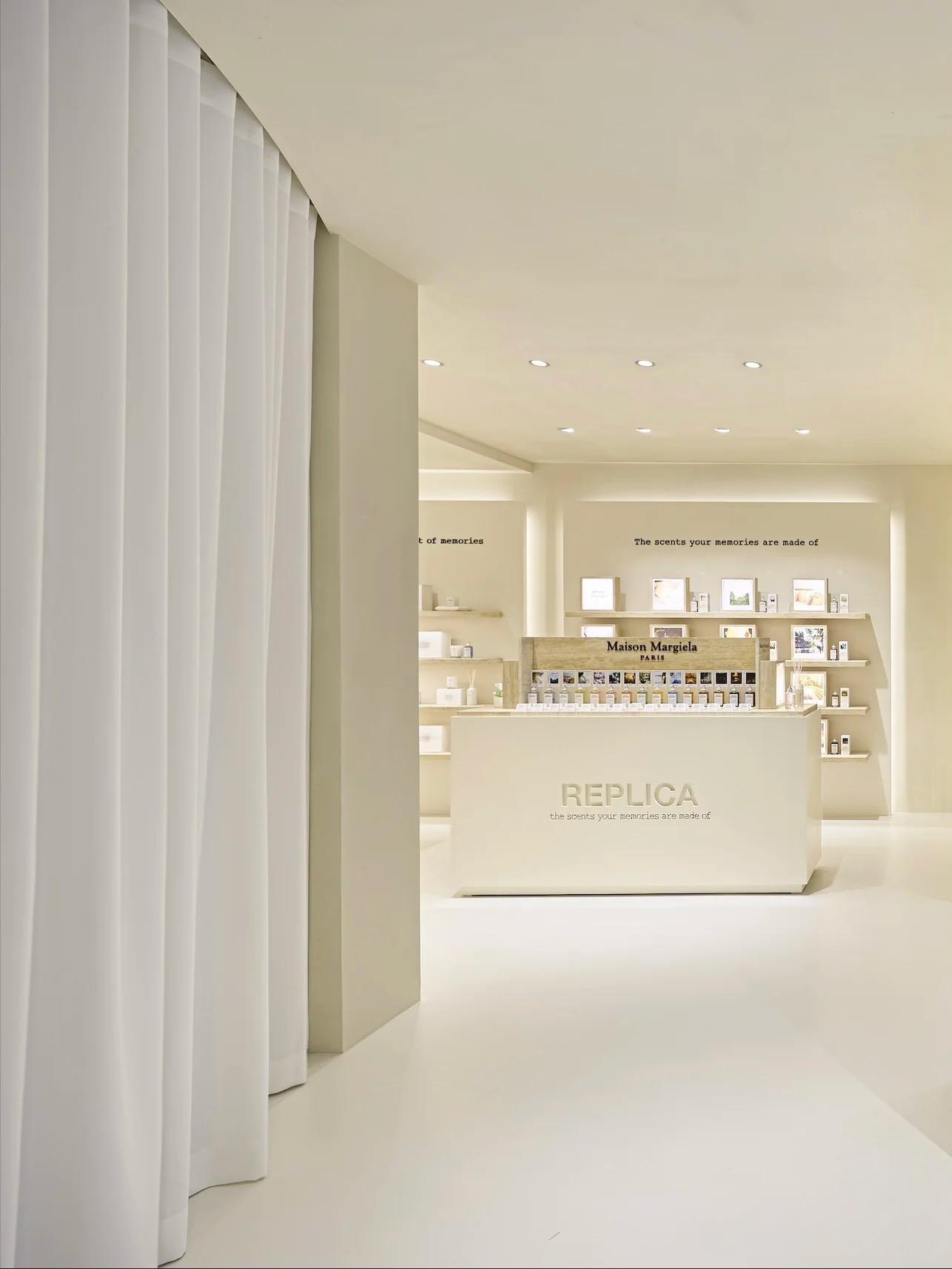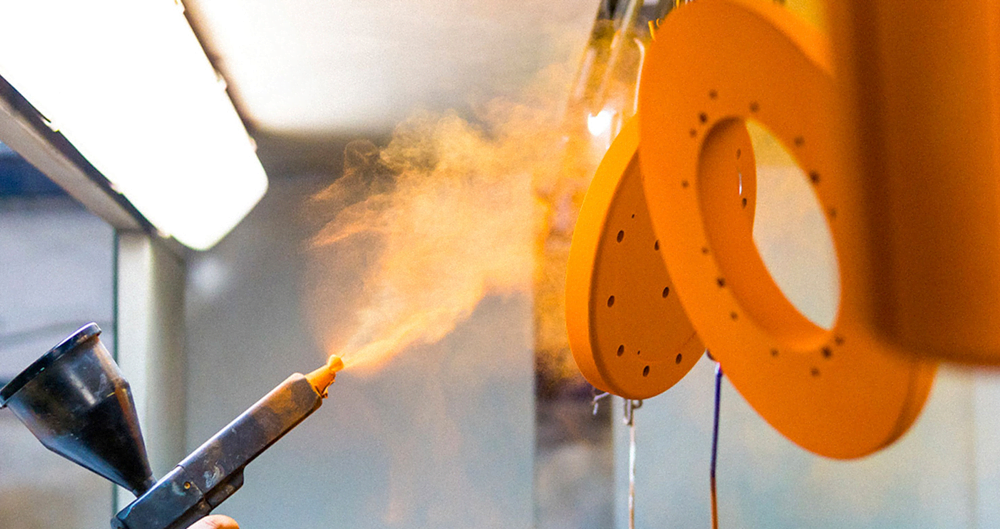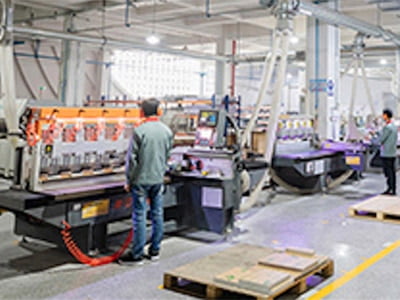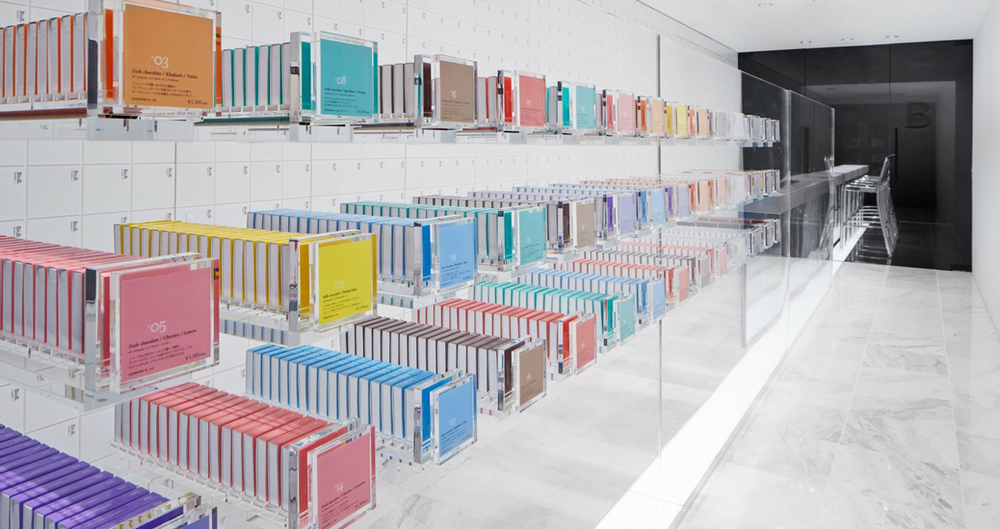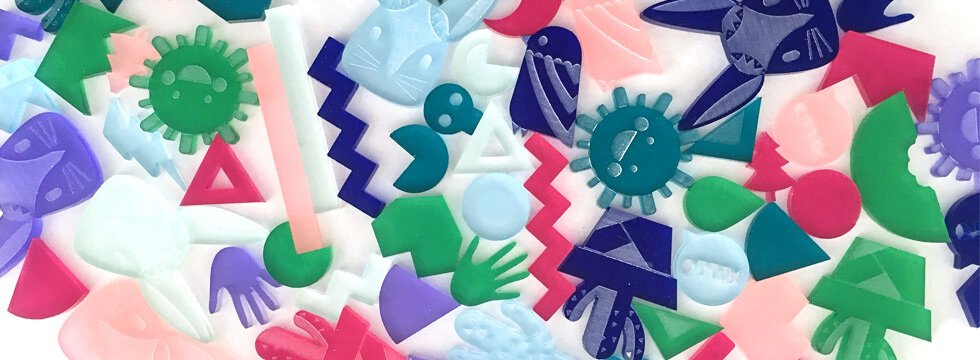When brand compliance fails at the fixture level, the result is inconsistent shopper experience, diluted brand equity, and lost trust at the moment of purchase. A brand’s signature color, logo zone, or lighting tone may look “close enough” at first—but small deviations add up across global rollouts.
Table of Contents
Retail fixture design must translate static brand guidelines into precise, dimensional, and repeatable display systems.
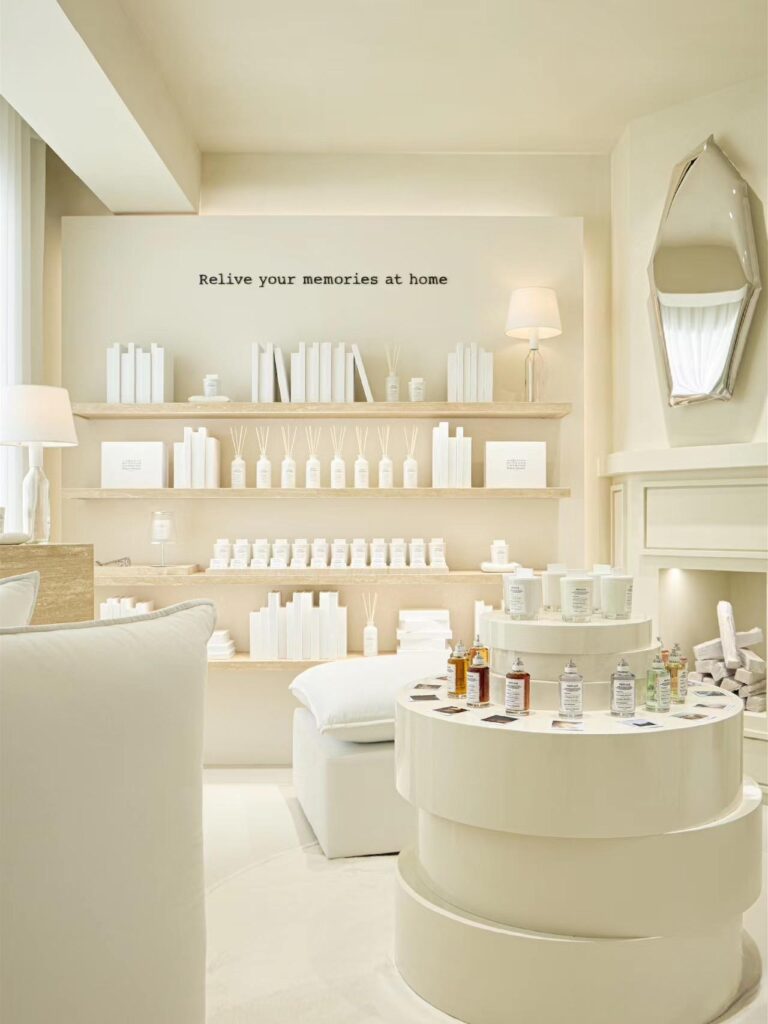
At Samtop, we help brands bridge the gap between brand book and build reality—ensuring global visual consistency, material quality, and identity alignment from Paris to Phnom Penh.
✅ Summary for Google Snippets
Retail fixture compliance means more than color-matching. To ensure brand guideline alignment, translate design rules into specific materials, lighting, geometry, and logo placement logic. Build modular, repeatable systems that scale globally—without brand dilution.
Why Read On?
If you’re responsible for retail VM, category planning, or fixture rollout, this guide will help you:
- Spot key compliance gaps most suppliers miss
- Learn how to convert digital brand rules into real-world materials
- Build a repeatable system for multi-country consistency
🔍 What Do Brand Guidelines Usually Cover—and How Do They Apply to Fixtures?
| Brand Guideline | Fixture Design Translation |
|---|---|
| 🎨 Color Palette | RAL / Pantone color matching across paint, laminate, acrylic |
| 🔠 Typography | Font scale for headers, info strips, CTA panels |
| 🖼️ Logo Use | Placement precision on headers, risers, backwalls |
| 🧱 Material Mood | Woodgrain = “natural,” metal/glass = “premium” |
| 💡 Lighting Temperature | 2700–4000K tone, spot vs ambient effect |
| ✍️ Copy Hierarchy | Font size consistency in tester instructions / promotions |
📌 See how color inconsistencies happen across acrylic, PET & paint →
🔧 Design Workflow: From Brand Book to Retail Reality
- Extract Brand Codes
→ Highlight key brand tone, color rules, logo logic - Translate into Materials
→ RAL-converted laminates, brushed finishes, fabric wrap - Design for Geometry
→ Rectilinear = formal; soft curves = organic/emotional - Prototype + Align
→ Create visual sample deck for stakeholder approval - Document
→ Spec sheet linking every visual element to brand guideline - Rollout
→ Use standard install guide + QA checklist for regional adaptation
📌 Want help with rollout playbooks? See our VM toolkit →
🎯 Critical Compliance Areas in Fixture Design
| Fixture Part | Compliance Criteria |
|---|---|
| 🧱 Fixture Base | Material tone + geometry matching brand mood |
| 🪟 Logo Header | Position, backlight color (3000K?), spacing |
| 🎨 Surface Finish | Gloss % match to brand’s Pantone intent |
| 📄 Graphic Inserts | Typography, margin, CTA layout |
| 🔌 Lighting Logic | Warm vs cool temperature, beam spread |
📌 Compare matte vs gloss finishes for brand tone →
🧪 Case Study: Global Fixture Rollout for Luxury Watch Brand
- Goal: Maintain “precision + legacy” tone across 60+ locations
- Material: Brushed bronze, matte black stone-texture PET
- Logo: Gold foil on acrylic inset, centered 50mm from edge
- Lighting: 3000K soft LED strip under counter + spot on logo
- Result: Brand HQ + EU/APAC approval; <2% variation globally
💬 FAQ
Q: How do I ensure color compliance across multiple materials?
✅ Use Pantone-to-RAL + material drawdowns (paint on MDF, PET, metal). Adjust for gloss levels and lighting conditions.
Q: Can regional adaptations still stay on-brand?
✅ Yes—build modular flexibility (riser size, shelf count) without touching brand-critical elements like logo position or surface tone.
Q: What if I only have a digital brand guide (no material samples)?
✅ Use “material translation” methodology—color mood → texture + lighting tone → LED temperature + shape logic → geometry.
Q: Should brand specs be embedded in fixture files?
✅ Always. Create a visual matrix linking brand rules (e.g. logo spacing) to physical fixture zones.
✅ Conclusion: Make Brand Guidelines Work in the Real World
✔️ Don’t treat brand books as constraints—use them as a foundation for engineered consistency
✔️ Translate colors, fonts, lighting, and form into real materials, textures, and structure
✔️ Prototype for approval, not just design intent
✔️ Build brand-consistent VM systems—not just isolated units
At Samtop, we help global brands turn branding into buildable systems—with precision, scalability, and beauty.
📩 Need Help Building Brand-Compliant Fixtures?
We provide:
- Brand guideline → material translation decks
- Fixture specs with logo + lighting compliance
- Multi-market adaptation plans
- Visual QC documentation for consistency
📧 Email: [email protected]
🌍 Website: www.samtop.com
